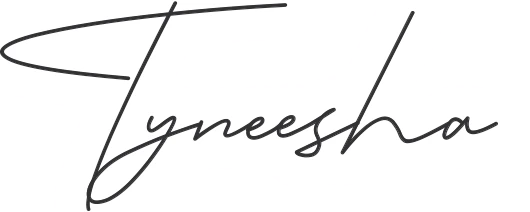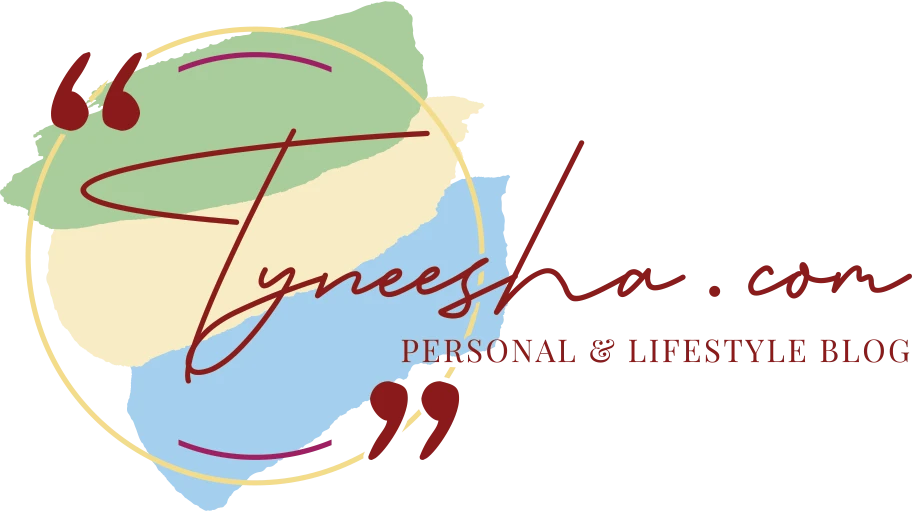29th October, 2024
University of Wollongong student Tyneesha Williams has just finished a successful internship at the Flame, during which she’s interviewed everyone from theatre goers to poets. To celebrate, we turned the tables and asked her some questions.
Tell us a bit about yourself and where you’re from.
I’m Tyneesha, I’m about to go into my final semester doing a Journalism and Communication & Media degree at UOW. I grew up in Dubbo, NSW and moved to Wollongong in 2020 for university. A lot of my extended family lives in Shellharbour, so it was a familiar area for me to lay roots in, and an area that I love deeply. I attended a few open days at different universities as a high schooler, and landed on UOW for one reason – I believe my exact words were: “The trees there are so beautiful.”
Nowdays I spend my time studying and working, taking every opportunity I have to appreciate and contribute to our local area and community in Wollongong.
What made you study journalism?
I’ve always enjoyed writing – I had a really wonderful teacher from kindergarten to year 2 who really championed my ability to discern a verb, noun and adjective. Since I was really little, it’s been a thing that I know I am good at and a thing that I enjoy doing.
When I was a teenager, I developed a hefty photography hobby and without entirely understanding what it meant – the idea of ‘photo journalism’ sounded incredibly cool to me. Journalism is a great place to land if you’re a jack-of-all-trades sort. It can be a wonderful way to bring together a bunch of different skills you might have, and I liked the idea of not having to choose one narrow path.
Why intern at the Flame?
My journalism degree didn’t quite fit me. Pretty immediately, I wound up feeling quite disillusioned, disappointed and exhausted with the state of the journalism industry as a student. Through a UOW journalism degree, you are required to complete an internship. It was my last subject and I’d left it to the last second because, honestly, I was dreading it. I’d all but written off my hopes of becoming a journalist – I was investing my time, heart and soul in my photography business.
But I thought, “I’ve come this far, I might as well finish this degree.” So I began searching for an internship. A friend of mine from my journalism degree suggested that I apply to intern at The Illawarra Flame, knowing of my distaste for Big News. Interning with the Flame was the best possible decision I could have made when finishing out a journalism degree.
My time interning has single-handedly restored my faith in the field of journalism – and made my degree worth it.
In one of my first meetings with the Flame’s editor, I said that I “really did not want to write stories about car crashes”. Genevieve reassured “that’s not what we do here”. What the Flame does do is champion local stories and foster community through people-focused, compassionate and deeply dedicated journalism. This approach is sincerely refreshing in an age full to the brim with crisis content and bad-news overload. The Flame tells stories that make you feel good, and by god, they feel good to write.
What were some of your favourite stories?
I had the absolute joy of interviewing Tusiata Avia ahead of the Wollongong premiere of her poetry-based theatre production, Wild Dogs Under My Skirt. That incredible production is a deeply moving conversation around gender roles, domestic and family violence, and identity as a person of multiple cultural backgrounds.
I was lucky enough to follow up on this story, attending the show on opening night and interviewing other theatregoers about their thoughts and take-aways from the show. This was interesting and important to me in a personal and professional capacity.
I have a similar warmth in my heart for the work I did at Project Contemporary Artspace’s International Women’s Day exhibition – and a story I covered about a student-made film called Dear Ocean, I love you. My favourite stories are always ones where I have the opportunity to actively connect and spend time with the people and productions that I’m writing about. That involvement is invaluable, and often in other fast-paced, profit-focused journalism jobs, you don’t get the opportunity to do that.
What was the toughest gig we sent you on?
I wrote a story about local Lego robotics. Writing comes easily to me when I am interested in it or have some background knowledge, so as someone with limited contact with Lego (aside from of course, the traumatic stepping on Lego incidents), I found it difficult to connect to the story and get excited. However, upon interviewing people involved, I found an angle that warmed my heart and made it all the more easy.
What did you learn about yourself in this time?
I learned I don’t actually hate journalism, or news. I had a lot of pent-up resentment, and in the end, it was only because I felt that the news, how I understood it, lacked compassion, connection and genuine consideration between the publication and the reader. I learned that it doesn’t have to be that way.
News can be important without being scary. There are publications, like the Flame, that want to celebrate the people and projects that make the Illawarra such a beautiful place to live and work. I learned that I didn’t do my journalism degree for nothing, and I’ll always be grateful for the opportunity to do work that I am proud of, and feel deeply about.

Most useful things we taught you?
The Flame gave me the chance to use my photography skills alongside my journalism projects. Learning how to combine those skill areas in a practical sense has been really interesting.
Has it changed your views on the news?
Absolutely. In the most dramatic 180 of the decade kind of way. I avoided the news like the plague a year ago. Now, I actively want to know what is going on around me, even if it’s scary, because stories that the Flame publishes mean that it’s not all bad. There is nothing more important than community. And while there are always several factors in 2024 preventing young people, and people of any age, from connecting in a meaningful way, organisations like the Flame are doing all they can to help.
What are your career goals now?
I think I’ll continue on with my photography. But this internship has shown me that photography can be useful in a variety of areas. I’d love to stay in the area of community news – or community work in general. I might go back to university in a few years and work my way through a teaching degree, but I can’t see myself doing anything career-wise that isn’t led by wanting to engage with and give back to the community, and the Flame has only consolidated that.






